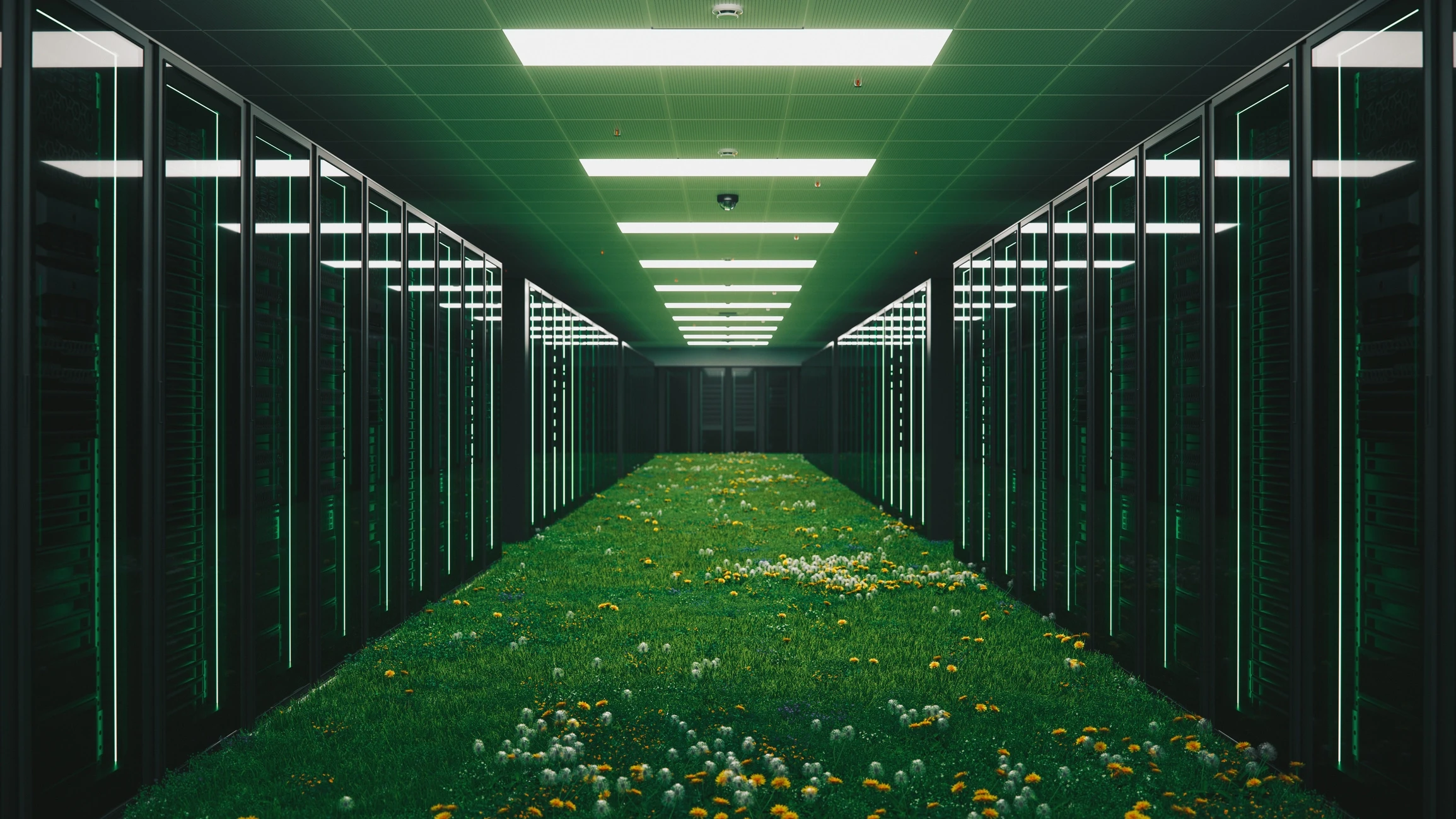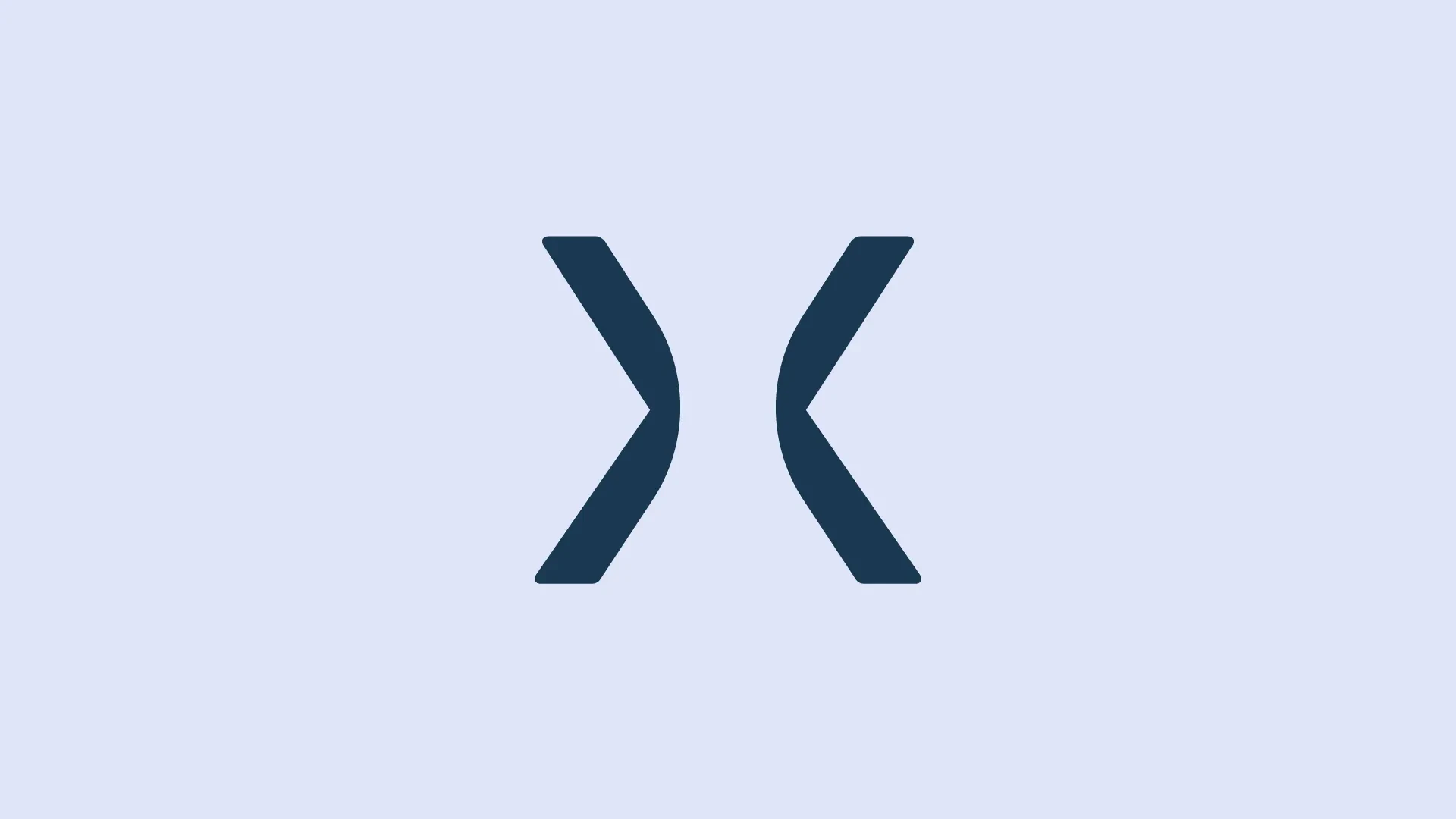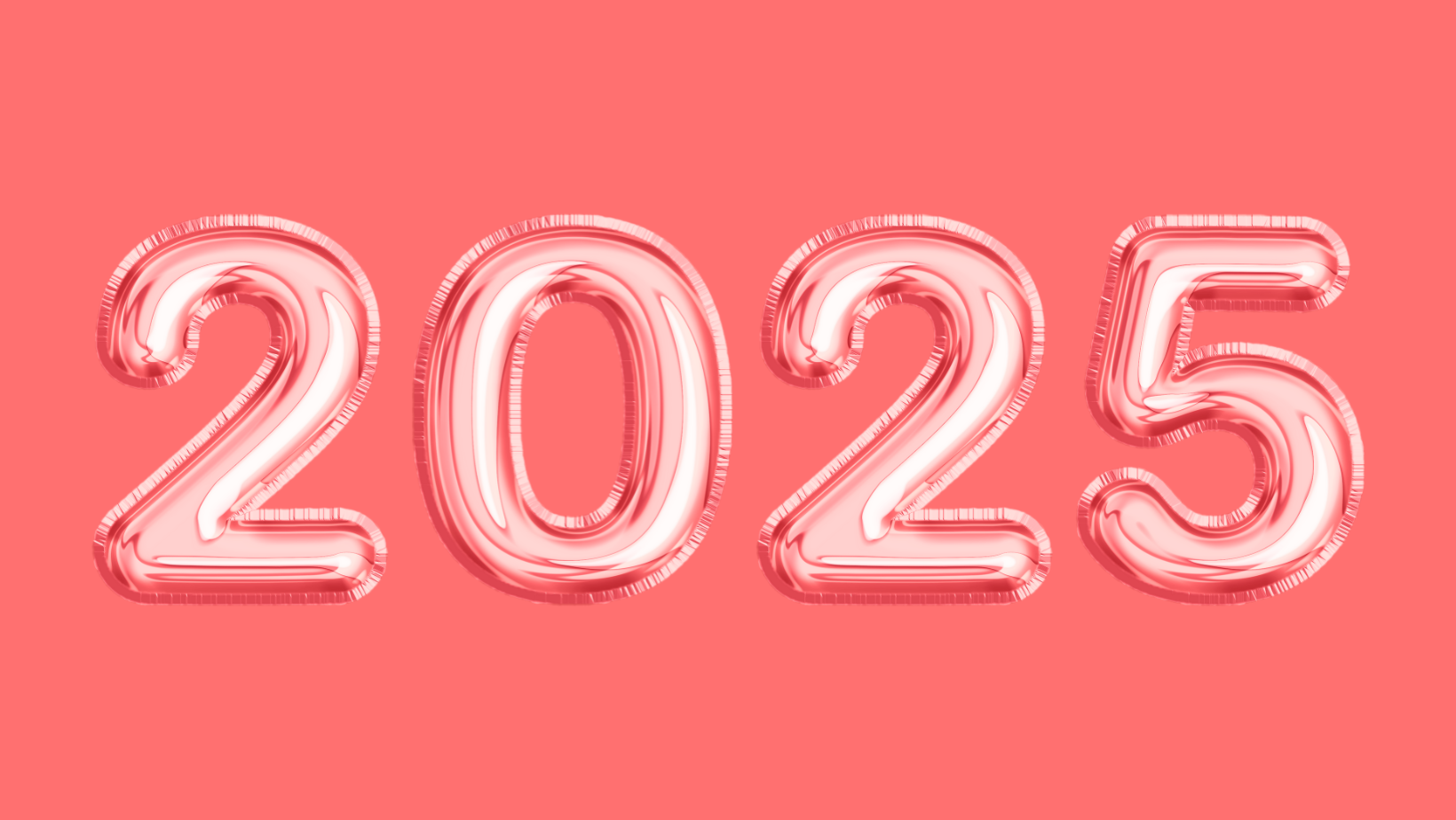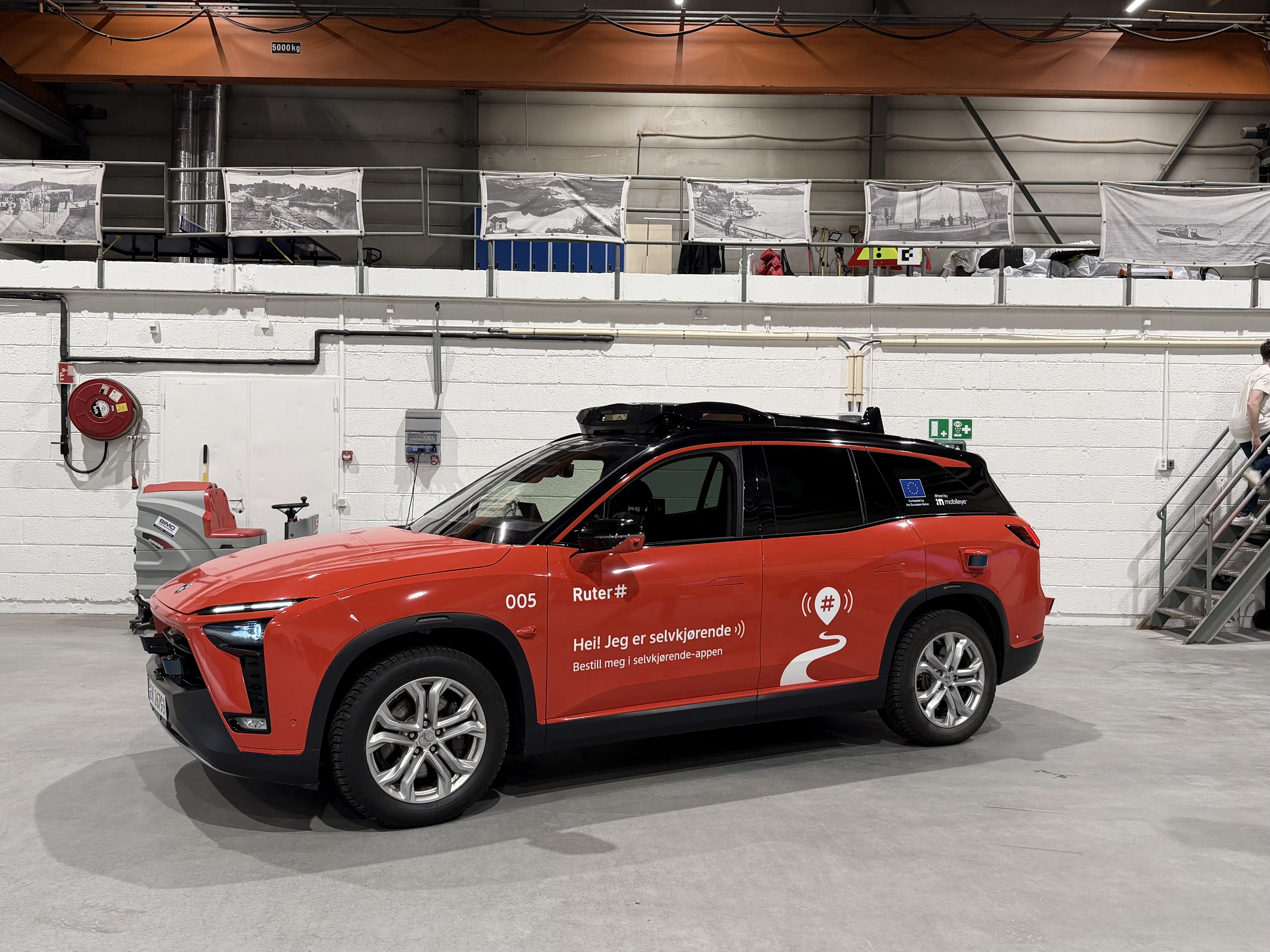For the occasion, we deliberately removed certain constraints: no client deliverables, no immediate commercial objectives. The only instruction: work together to imagine concrete solutions, mobilising all available approaches: generative AI, no-code, low-code, manual or tool-assisted audits… everything was permitted, as long as it served the mission.
Each team member was able to freely choose the subject that inspired them. Split into small groups of 2 or 3, we explored various avenues:





